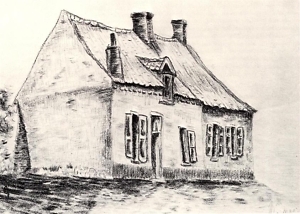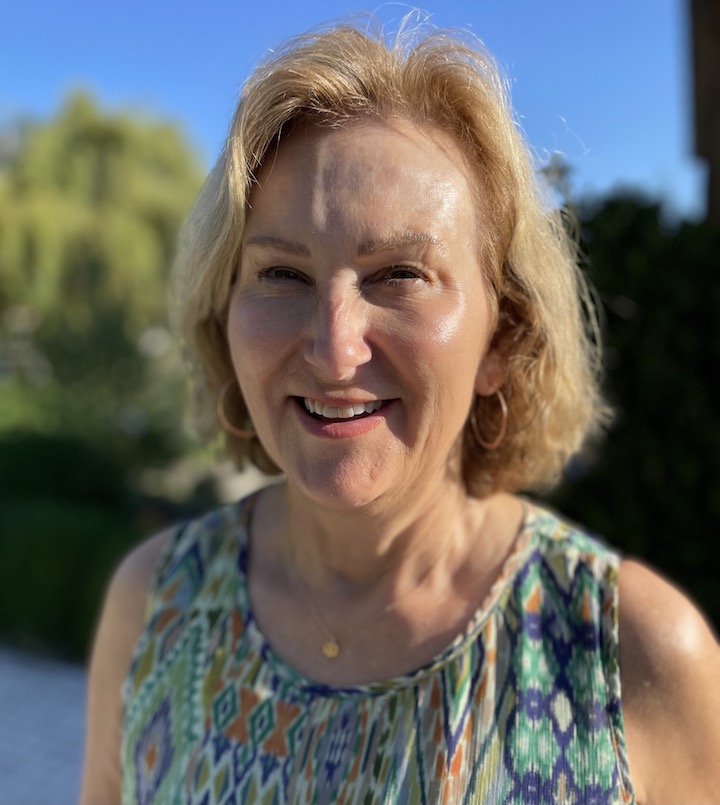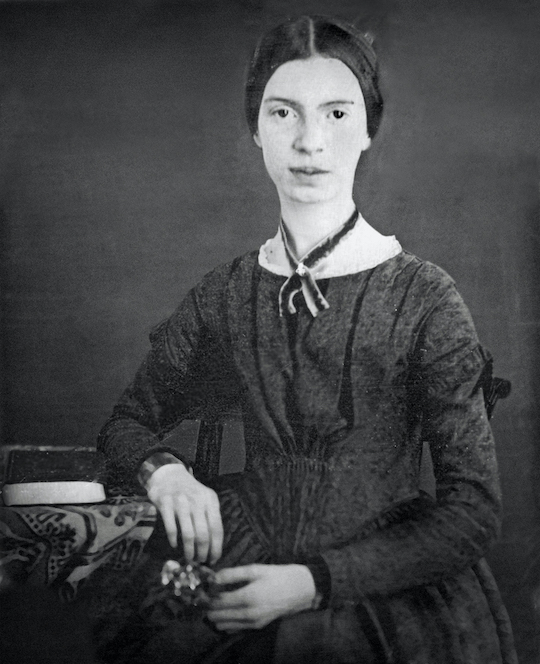This Old House
For 25 years she held our family
For 25 years she held our family. Mr. McGaw, himself a 50-year resident, handed over the keys all those years ago with the ceremony befitting a white-haired university historian. He presented us with a battered briefcase filled with instruction manuals for appliances we would soon replace. On that sweltering July day, Mrs. McGaw pulled a sweater around her shoulders and made us hot chocolate. Mr. McGaw worried aloud that we might “compromise the stone” for a newfangled great room. We didn’t even paint over his giant handprint on the basement floor. Months later, he stopped by to tell me, not entirely approving, that we’d made the house our own.

I’ve come to realize that we, like the McGaws, were but fleeting guests, though the children’s hurried footsteps grooved a worn path down the wooden stairs; though, at the landing, a faint rectangle reveals the patch where an errant roller suitcase made an inelegant departure; though, on the kitchen ceiling, an oily blob of mayonnaise breaks through every time we try to mask it; though a succession of battered wooden chairs and spilled milk nightly scarred the kitchen floor.
I spray Windex on the tall mirror where I once stood holding the baby, marveling at his smooth skin. (Now six-foot-two, he’s engaged to be married.) I straighten the runner in the long hallway where we hunched during tornado warnings. I adjust the curtains we had made to block the glaring security lights from the tall and skinny next door — that gawdy monstrosity built to replace the tiny ranch the contractor turned to rubble. The children of our two houses once ran back and forth, until my friend’s marriage crumbled and the house was sold.
I pare down the family photos, declutter the closets and swap out a toilet seat that wobbled. The dining table that held so many holiday feasts won’t fit in the new house we’ve bought and has been sold. That last supper didn’t end well anyway. Nothing lasts forever, so they say.
A realtor is coming to extol her virtues to a younger family. Perhaps they will notice her better qualities, overlooking the nicked paint and the stiff door handle. I hurry outside to blow scattered leaves off the porch. The dogs run, knocking blooms off the peonies, releasing draughts of rosemary and lavender from the bushes that survived the winter that killed the cryptomeria and froze the bathroom pipes — the same ones the plumber and I unthawed for hours using hairdryers.
I stop for a moment to gaze into the oval leaves of the ancient elm at the back of our lot. The wind stirs her gnarled and heavy limbs. I remind myself, if given the chance, to extoll her virtues with the potential buyers who want to measure for a pickleball court.
In the waning afternoon, lights glow yellow from the upstairs dormers. Goldfinches flit among the purple coneflowers that lean against the warm stone foundation. When I pass by in years to come, will I long to place my cheek against her craggy facade where the memories are housed?
Perhaps I’ll leave without a tear. She has been a refuge, but a demanding one who, like me, is subject to decay and time. I will touch every surface, every possession before we press keys into younger hands, with their anxious plans and dreams. My husband, giddy for a fresh start, remains unfazed by the tyranny of multiplying coat hangers, paperclips, rubber bands, errant buttons, loose screws, dried-up bottles of glue. We’ve filled a dumpster and taken seven loads to the thrift store. Everything that once held us together passes through the front door and into a moving van.
Mr. McGaw, a mist clouding his observant historian’s eye, reminded me all those years ago how quickly time would pass. But I knew that, and so do the new owners. I resist platitudes and sentimentality. I repeat this to myself, like a mantra, as I hand over the keys and instruction manuals and the blueprints that only half-materialized. I allow myself that single glance back.
At our new old house, Don, a retired businessman bound for an assisted living apartment, presents me with a folder of manuals and instructions and blueprints that I will never open. We will nurture the hydrangeas that Don so loved, but we will take this new old house back to the studs and make it our own for a while. His wife, who doesn’t hear well, startles as he yells for her to hand over the keys. Before he leaves, he touches the warm brick by the climbing rose out front. Will it hold the memories that belonged to him? I turn and shut the door behind me, focusing on the loose handle. I rummage through the tools for a Phillips-head screwdriver. A new list of needs and demands distracts me as Don’s car pulls away for the last time. I know that will be me one day, but not yet. Not yet.

Copyright © 2023 by Jennifer Plant Johnston. All rights reserved. Jennifer Plant Johnston is a Nashville-based freelance writer who grew up in Oak Ridge. She has been an Associated Press reporter, director of News and Public Affairs for Vanderbilt University, and executive director of Vanderbilt’s Center for Nashville Studies. She recently completed the Master of Liberal Arts and Science degree at Vanderbilt.


